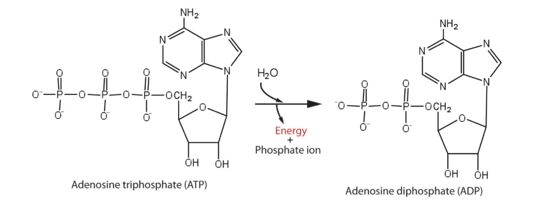We apologize for Proteopedia being slow to respond. For the past two years, a new implementation of Proteopedia has been being built. Soon, it will replace this 18-year old system. All existing content will be moved to the new system at a date that will be announced here.
Sandbox Reserved 1102
From Proteopedia
(Difference between revisions)
| Line 25: | Line 25: | ||
The incubation period (the time from exposure to symptoms) of Zika virus disease is estimated to be 3–14 days. | The incubation period (the time from exposure to symptoms) of Zika virus disease is estimated to be 3–14 days. | ||
| - | Only one over five infected people shows mild symptoms like skin rash, fever ("Zika fever"), joint pain, conjunctivitis and less often muscle pain, | + | Only one over five infected people shows mild symptoms like skin rash, fever ("Zika fever"), joint pain, conjunctivitis and less often muscle pain, headache and vomiting. After a few days, the symptoms subside. |
| - | headache and vomiting. After a few days, the symptoms subside. | + | |
| - | An increased risk of neurologic complications is associated with Zika virus infection in adults and children, including Guillain-Barré syndrome, neuropathy | + | An increased risk of neurologic complications is associated with Zika virus infection in adults and children, including Guillain-Barré syndrome, neuropathy and myelitis. Infection during first trimester of pregnancy can cause microencephally in newborn children. |
| - | and myelitis. Infection during first trimester of pregnancy can cause microencephally in newborn children. | + | |
Revision as of 17:51, 14 January 2020
| This Sandbox is Reserved from 25/11/2019, through 30/9/2020 for use in the course "Structural Biology" taught by Bruno Kieffer at the University of Strasbourg, ESBS. This reservation includes Sandbox Reserved 1091 through Sandbox Reserved 1115. |
To get started:
More help: Help:Editing |
5y6n- Zika virus helicase in complex with ADP
5y6n is a 1 chain protein structure. It’s the only helicase belongs to zika virus. Zika helicase plays a role
| |||||||||||

